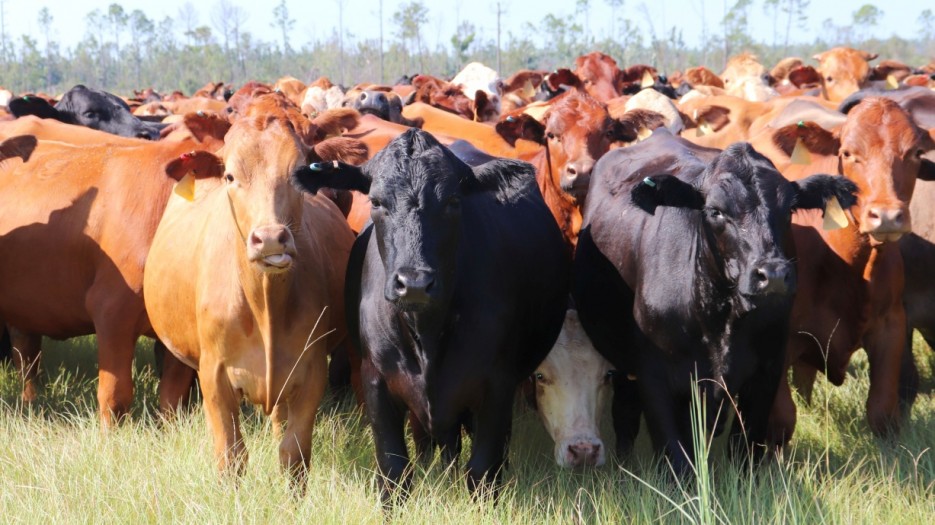Big Four are Crushing Family Cattle Ranches

By McKenli Myers
The price of meat in stores is rising, but cattle producers around the country say they aren’t seeing any
profit. Instead, some ranchers are being forced to give up their legacy because of a meat-packing
monopoly between JBS, Cargill, Tyson, and National Beef.
There were few positive aspects of the coronavirus pandemic. However, ranchers say that it did bring to
light one important agriculture issue: the constant price control and manipulation of the meat packing
industry, a problem that has been buried for years. The Big Four control 82% of the beef production.
Once the cattle are sold by ranchers to companies, the meatpackers increase the prices.
“In only having four major meatpacking companies controlling the majority of the industry, they’re able
to put a monopoly hold on American beef producers,” said Jessie Jarvis, a cattle producer from Northern
Idaho. “This negatively impacts ranchers, and the industry as a whole.”
The cost of meat in grocery stores increased by 10% in 2020. Between 2010 and 2020 Tyson and JBS saw an increase of profits of 34% and 64% respectively in their cattle operations, while ranchers have seen a 9% decrease in revenue.
“They have impacted our operation, as our ranch’s survival depends on the price our animals bring when
they’re sold,” said Jarvis. “It has gotten hard to break even.”
Ranchers say they are running out of options and are being held hostage to the Big Four.
At the peak of the coronavirus in 2020, under the direction of President Trump, then Secretary of
Agriculture Sonny Purdue had the Big Four investigated.
Multiple lawsuits were also brought forward. At the start of 2021, Sen. Deb Fischer (R) and Sen. Ron
Wyden (D) introduced a bill called the Cattle Transparency Act of 2021.
President Biden signed an executive order aimed at disrupting anti-competitive business markets, which
includes the beef market. The new Secretary of Agriculture, Tom Vilsack, announced that the
government will give $500 million to promote the construction of smaller butchering plants closer to
ranchers.
“I became a butcher because I have seen the effect the middlemen have on ranchers,” said Taylor
Gibson, a 20-year-old butcher from Wyoming. “I think it’s insane that four companies can control a
market and it should be fixed.”
Gibson and Jarvis say they are hopeful that by bringing more competition into the market, prices will be
lower for the public and ranchers will earn more.
With increased publicity being shined on the issue and pressure being applied to public officials,
agriculturists are advocating and hoping for some modifications.
“I’ve seen what the Big Four has done to ranchers, crippling them, and making it so hard for ranchers to
get through the year,” said Gibson. “I hope that eventually enough people will turn to local butchers and
more investigations will be done, so that the middleman can be cut out and ranchers will be able to
survive.”




